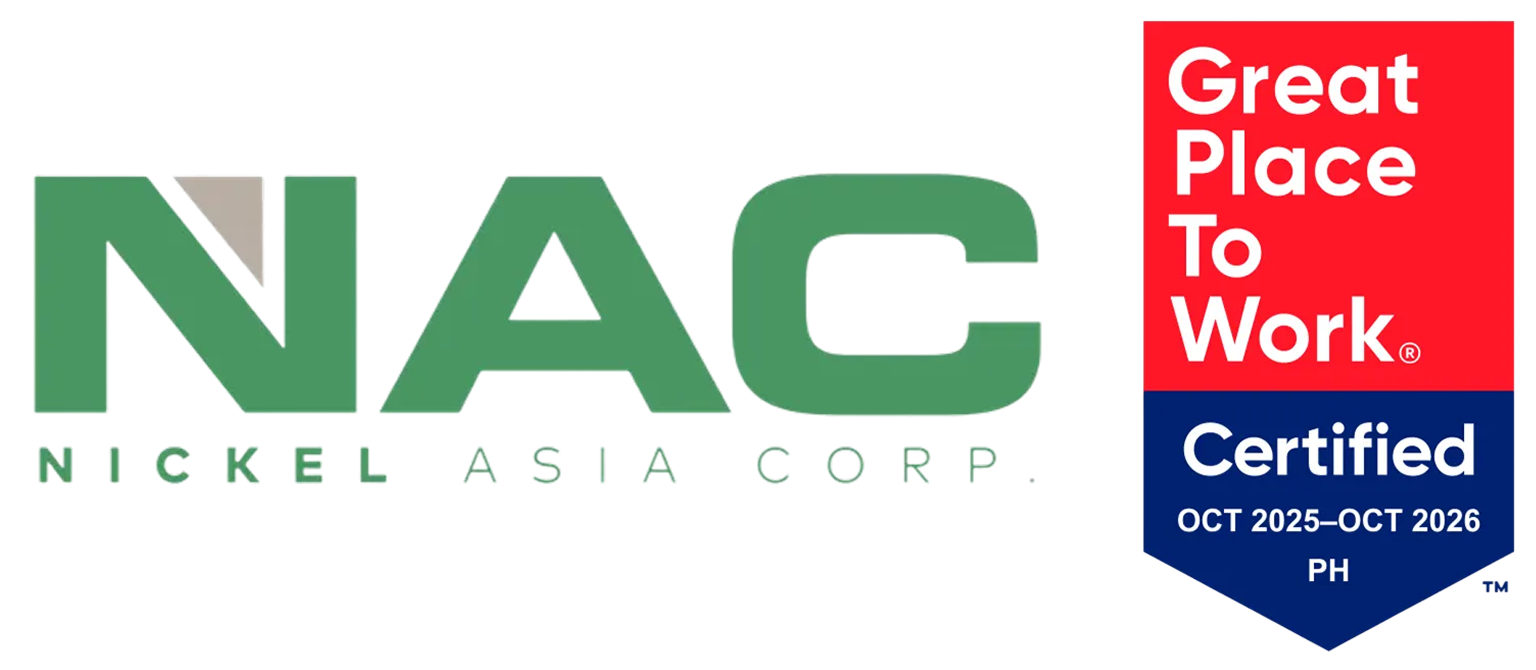THE Philippine Institute for Development Studies, in a release dated June 15, revealed mining laws are still plagued by problems in their implementation.
In the study entitled, “Challenges in the Philippine mining industry,” PIDS consultant Eligia Clemente found that the presence of several agencies handling mining concerns has resulted in overlapping functions.
This as he highlighted problems in the issuance of permits and ordinances of local government units, the declaration of Indigenous Peoples claims and also issues within the National Commission of Indigenous Peoples.
Apart from the NCIP, the Department of Environment and Natural Resources, Mines and Geosciences Bureau and Environmental Management Bureau are the primary overseer of mining companies.
“This creates a venue for cracks which are filled in by enterprising government employees through illegal means,” the author noted adding that companies wanting to hasten the process of securing permits have found ways to circumvent the law.
This is because of contradicting policies of the national government and LGUs in approving a mineral production sharing agreement. The Philippine Mining Act allows an MPSA between a mining contractor and the national government through the MGB but on the other hand, the Local Government Code of 1991 gives LGUs the authority to approve operating permits to ensure the protection of their environment.
IPs also have a say on the issuance of the operating permits but there are instances that the free, prior, and informed consent only serves as a formality with an agreement already settled between tribal elders and the mining contractor. The study also noted that some IP leaders “tend to abuse the power and responsibility granted to them.”
According to Clemente there is also no formal audit as to how a tribal leader uses the royalties paid by the mining company stressing the NCIP’s need for qualified personnel and supervisors, especially in regional offices, to efficiently perform the agency’s mandate and functions.
The author urged the government to establish a common implementing guideline to “eliminate personal tendencies to relax rules.”
Clemente also recommended “proper preparation and guidance should be given to [tribal leaders of IP communities] prior to the release of funds such that even without a formal audit, disbursements can be tracked.”
The results of the study and the recommendations are not surprising.
I liken the mining industry to that relative you don’t really want to see during family reunions but have to invite anyway. That’s how it has been for many years already.
The responsible mining companies are still waiting to be fully welcomed to the dinner table. Minus the hostilities, one might find a very enlightened discussion. One which could finally resolve these issues. After all, these companies bring their fair share to these potluck parties.
